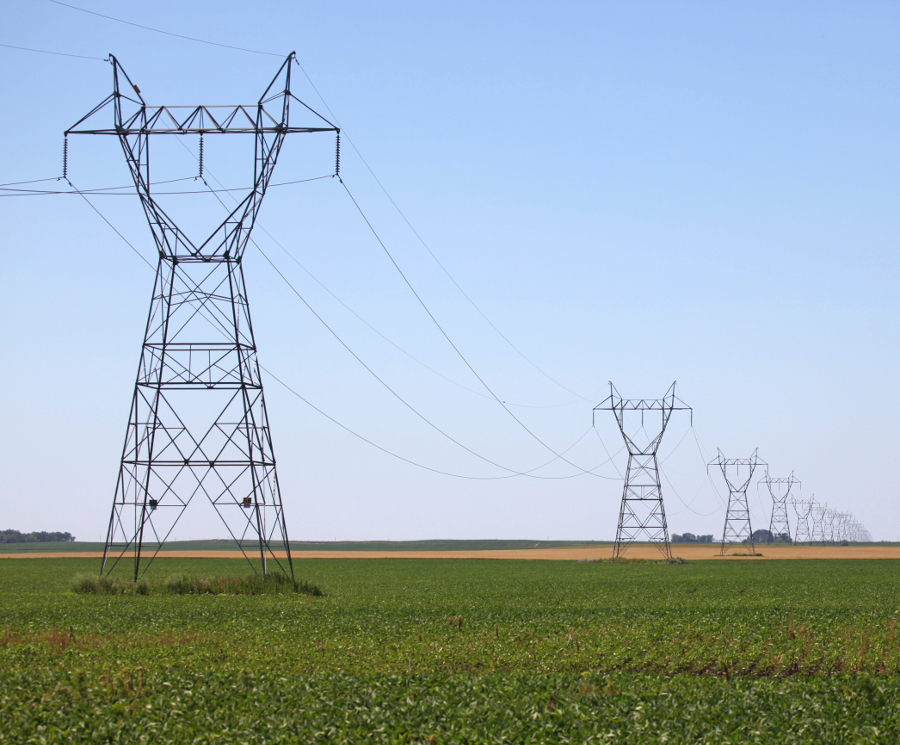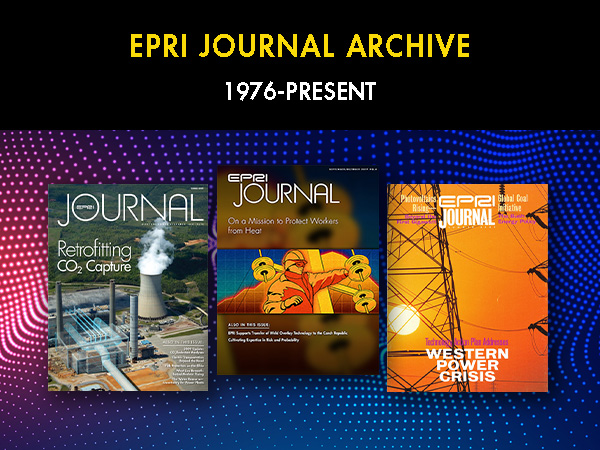Going Offline—At the Right Time

Uncertainties in a Changing Energy Grid Call for New Methods to Schedule Maintenance Outages
If your job were to repair potholes in a road where “rush hour” can happen at any time of day, you would need to be ready at a moment’s notice and watch oncoming traffic carefully. Power plant and transmission system owners face a similar challenge today: With more renewables impacting the use of the grid and other generation resources, it’s becoming much more difficult to schedule maintenance-related outages. EPRI has documented these challenges in a recent report and is examining the need for more sophisticated tools to make scheduling easier.
Owners typically submit outage requests to grid operators days, weeks, or even years in advance. Historically, it has been straightforward to schedule outages at times—such as off-peak demand—when the grid can continue to operate safely and reliably.
However, as more renewable and distributed energy resources come online, the grid will operate closer to its limits with respect to generation capacity and flexibility, transmission capacity, voltage, and stability. This makes scheduling potentially more difficult.
“While outages for fossil and nuclear power plants can be scheduled as far as five years in advance, solar power plants can be constructed and brought online in just weeks,” EPRI Engineer Eamonn Lannoye said. “This mismatch of time scales is one factor that creates uncertainty for grid operators and asset owners.”
Today schedulers use a deterministic approach, which assumes that most data is known with certainty: When evaluating outage requests for a given month, grid operators use peak demand forecasts for that month. A probabilistic approach could help address forecast uncertainties by factoring in predictions of unknown parameters. This could involve, for instance, analyzing historical peak demand and wind and solar output—along with forecasts for several periods—to determine the likelihood of maintaining grid reliability during an outage.
EPRI is helping the electric power industry develop grid simulation tools that use probabilistic methods. For more information, contact techexpert@eprijournal.com.

